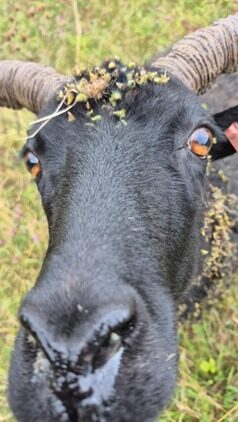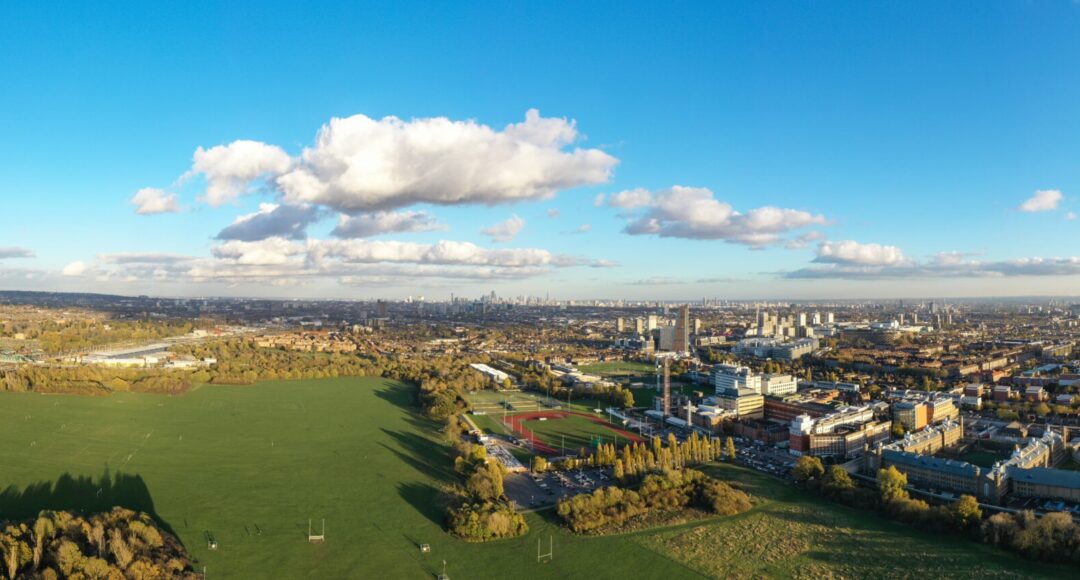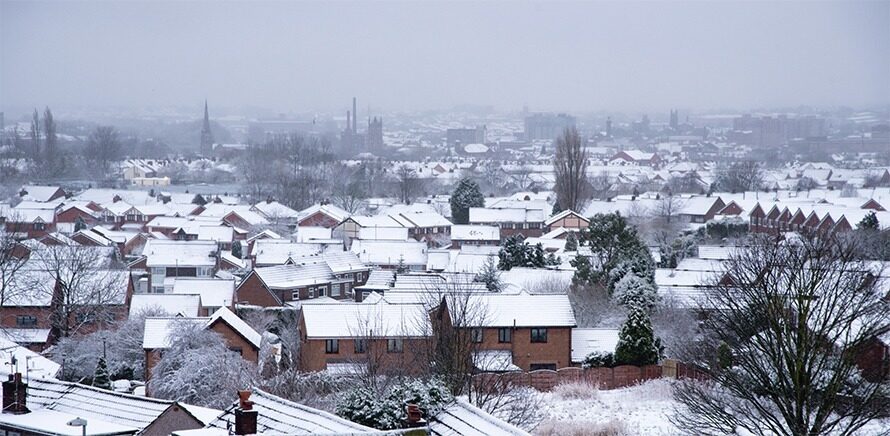Sheep grazing provides more valuable ecological effects than simply mowing. When mowing, the sward length of grasses is left uniform: whereas the grazing action produces a mosaic of shorter and longer sward lengths, creating microhabitats that different floral species prefer. Furthermore, sheep are biased in their grazing, away from positive indicator species like orchids (which are often bitter tasting) and preferring the more competitive species, including grasses. This helps bias the floral composition towards wildflowers, and in turn, towards the invertebrates they support.
Chalk grasslands are often called “Britain rainforests” for the sheer biodiversity they contain, which can be up to 40 plant species per square meter, and 29 of Britain’s butterfly species. This type of grassland is one of the most threatened in the UK, with an estimated 96% decline in land coverage since the Second World War, owed to the intensification of agriculture. Part of Downe Bank SSSI was illegally ploughed in the 1980s after having been designated, and this case was the first prosecution under the Wildlife and Countryside Act 1981. It has taken until recent times for those fields to recover, owing to the damage that ploughing causes on the endomycorrhizal network that orchids especially depend on.
The sheep will also spend time in High Elms Country Park for the same purpose. Since the sheep only feed on the grazing found on-site, there is a closed nutrient regime, so we can maintain the low-nutrient environment that the wildflowers need in order to avoid being outcompeted.
Sheep grazing on these sites is only made possible for us by the generous work of volunteers. Every morning through the year, the sheep are visually checked for their health and wellbeing by trained volunteers who rotate their checking days between them. We also depend on volunteers for removing woody thorns such as hawthorn (Crataegus monogyna) and scrub such as wild rose (Rosa canina). We are hugely grateful to our volunteers, to Kent Wildlife Trust and also to the Hebs themselves for preserving these sites for future generations.
Luke Blanchard
idverde/ RSPB Biodiversity Advisor



